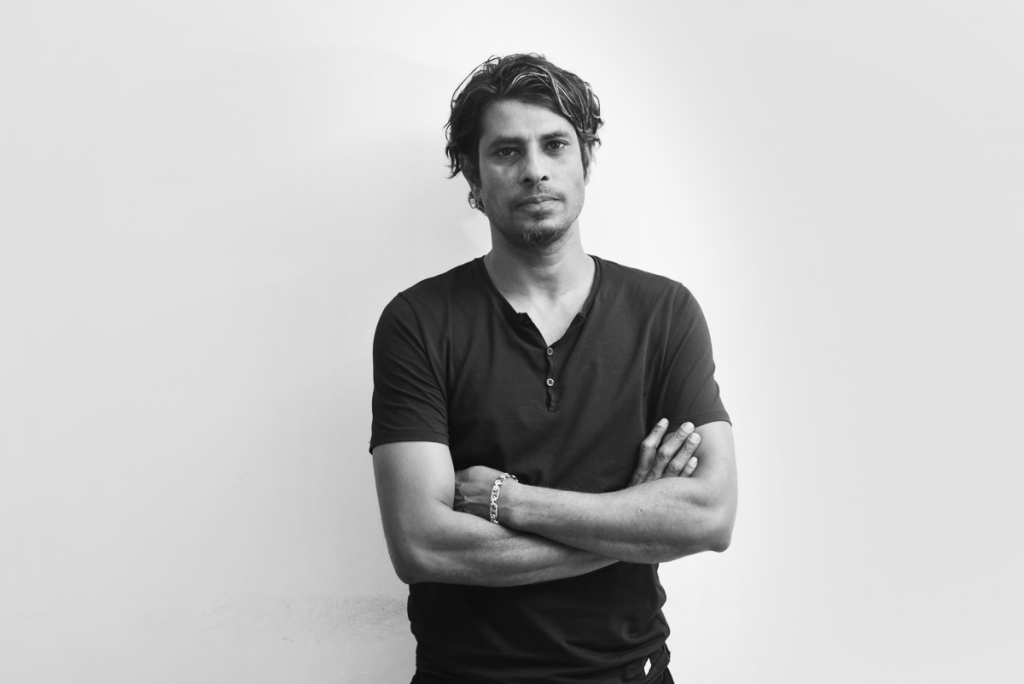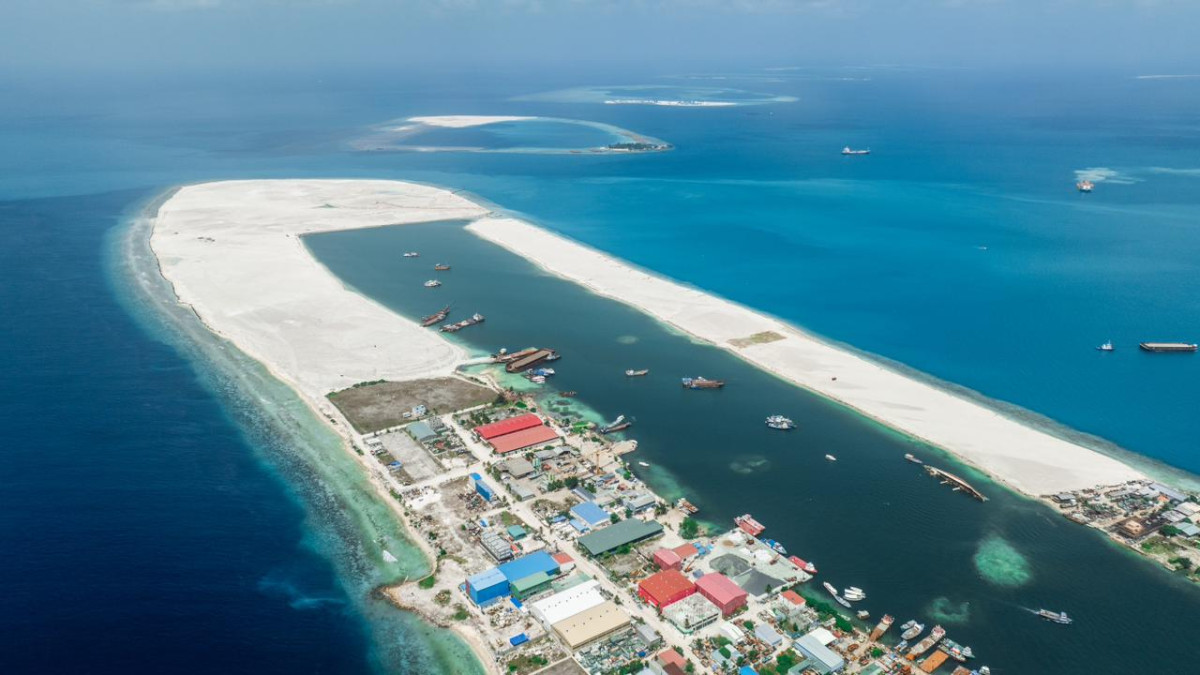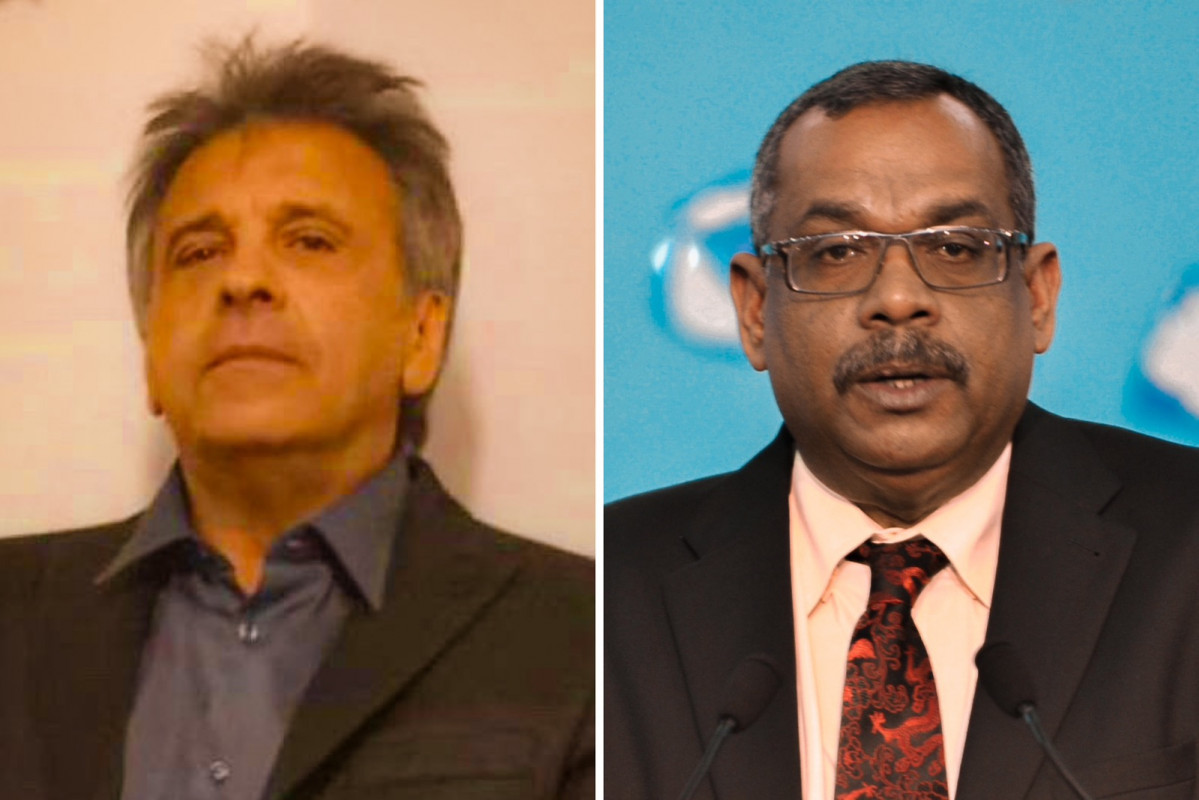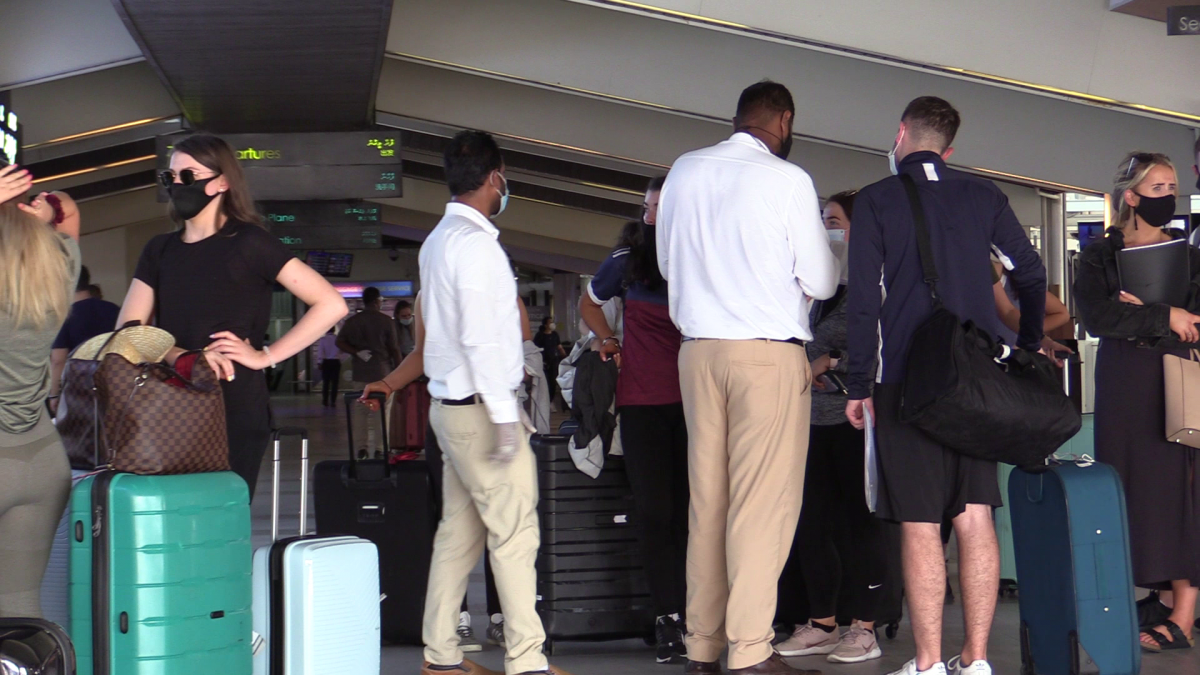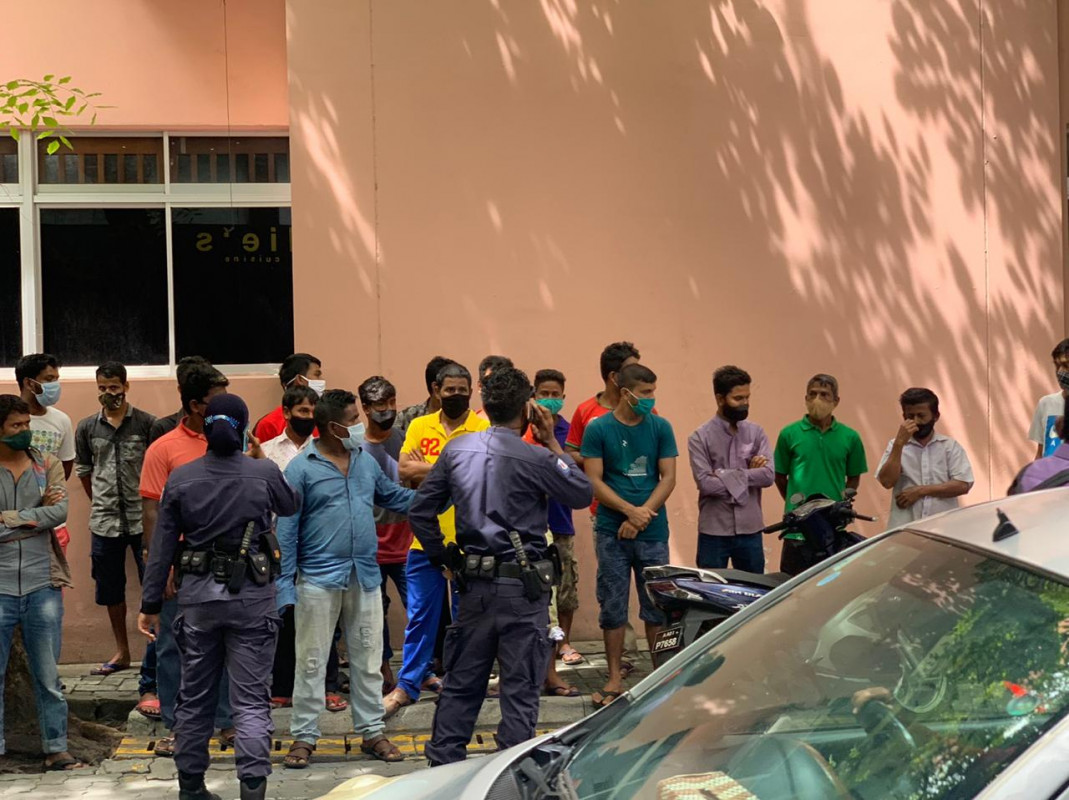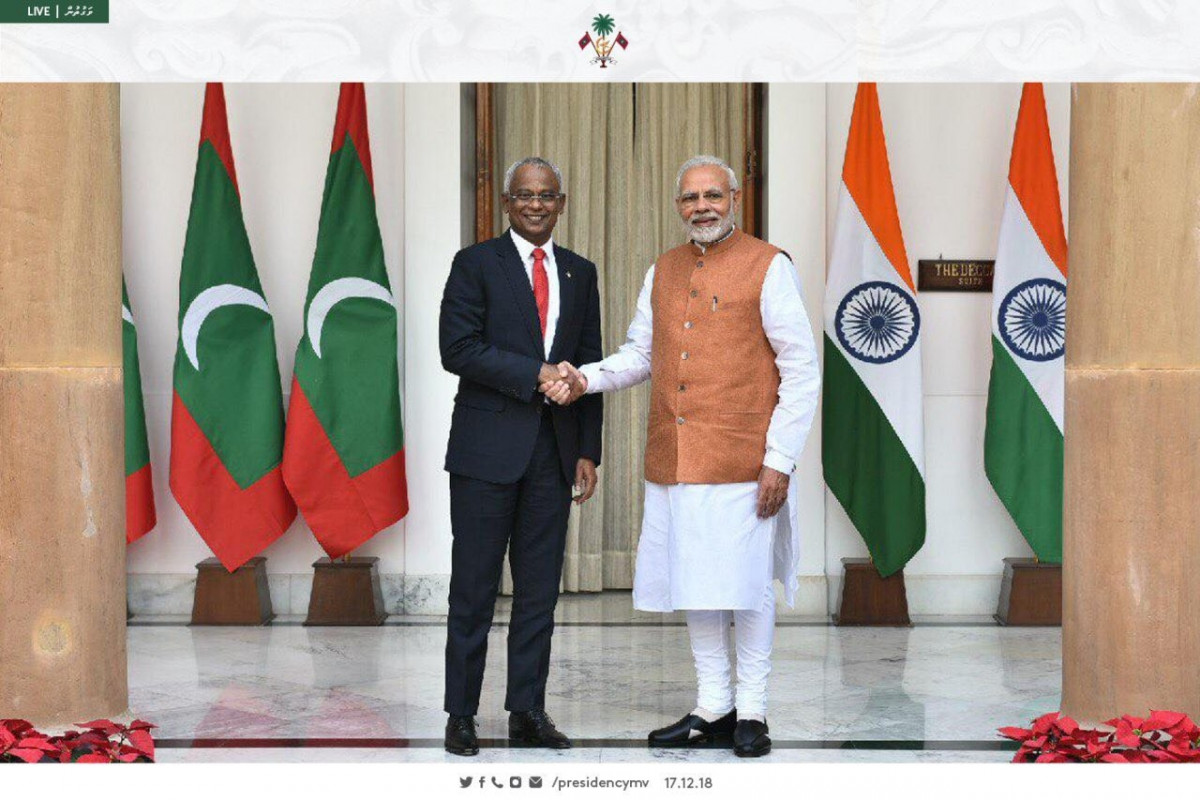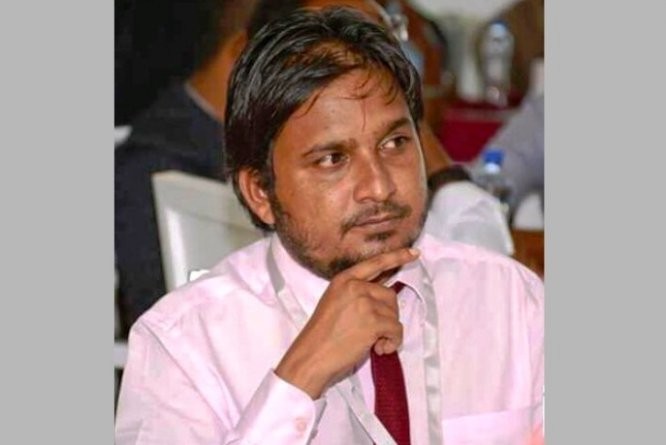Maldives Covid-19 case tally crosses 83,000-mark
Maldives had 1,881 active coronavirus cases by sundown on Tuesday


Samples collected for Covid-19 testing
While Maldives confirmed its first Covid-19 cases on 7 March 2020, the case tally has topped 83,070.
According to latest figures publicized by the Health Protection Agency (HPA) 120 new cases were confirmed between 6pm Monday and 6pm Tuesday, making it the 23rd consecutive day daily cases have been above 100.
The new cases were confirmed from the 4,729 samples tested for the virus by sundown on Tuesday. 66 infections were confirmed from residential islands outside of the capital Greater Malé Region, where 48 cases were confirmed. The remaining six were detected in operational resorts.
175 additional recoveries confirmed during the reporting period have pushed the total number of recoveries observed nationwide, to 80,949.
By sundown on Tuesday, Maldives had 1,881 active coronavirus cases, which is a drop from the previous day’s 1,936.
Further, with an additional patient released from the hospital over the past 24 hours, hospital admissions currently sit at 18.
Maldives reported its first Covid-19 fatality in April 2020. Since then, the death toll has been pushed to 227.
Maldives was faced by a fourth and more infectious coronavirus wave in early May, with cases rising to alarming levels at 1,000 on a daily basis. With the implementation of stricter measures, cases began declining once again, and authorities introduced further eases to restrictions in early July for the extensive government holidays.
Eases have been doubling with those that have completed both doses of Covid-19 vaccine allowed to travel domestically without the need to quarantine, with a negative PCR test result. HPA has since publicized a list of islands where the criteria for Covid-19 vaccination coverage conditions have been met.
The geographical advantage of being comprised of a scatter of islands initially enabled Maldives to keep tabs on the spread of coronavirus when the first few cases surfaced. Things spiraled out of control after a community transmission was detected in the congested capital on 15 April 2020 to which authorities responded by imposing an immediate lockdown.
Months later, authorities began easing the lockdown in phases, with cases going on a downward spiral. Things seemed to be in control until the new year rolled around and cases began spiraling once more. Since April 2020, authorities have been repeating a cycle of curfews, lockdowns, partial lockdowns and other restrictive measures in their successful efforts to curb the spread of the virus.
The country has been in a state of public health emergency for over a year, since 12 March 2020. It was extended an 18th time to expire on October 1.
